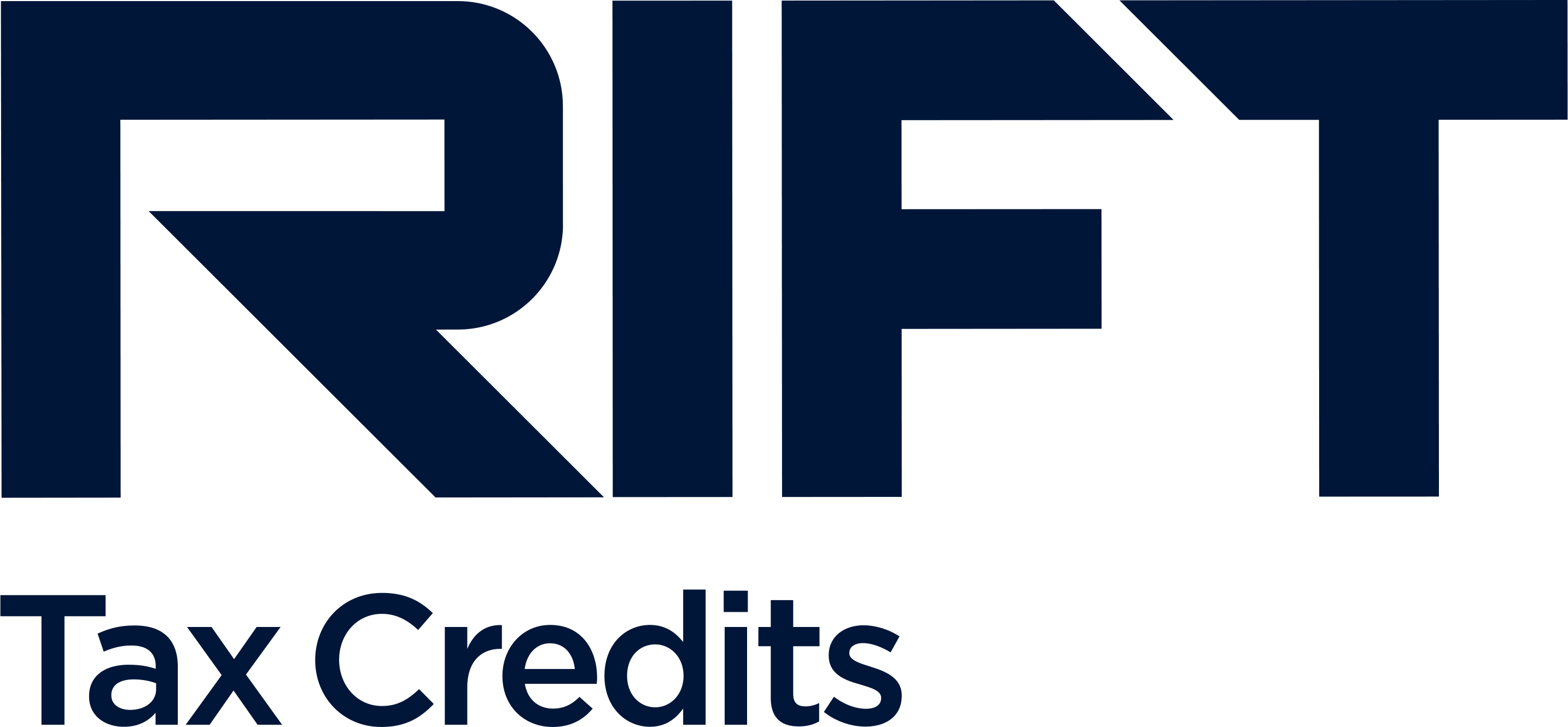The medtech sector defines innovation in its purest form. The stakes in the healthcare industry are literally life-or-death, so the COVID-19 crisis is a perfect example of the escalating scales and razor-thin time margins businesses can find themselves dealing with.
When we talk about medtech, a lot of the time we put the emphasis on the glamorous cutting edge where innovation borders on science fiction. The Med-Tech Innovation Awards finalist list for 2021 is populated by 3D surgical models using machine learning algorithms, customisable prosthetic limbs and additive manufacturing processes for bespoke orthopaedic implants. However, as COVID-19 has demonstrated on a global scale, innovation can be every bit as much about expanding capacity under pressure, broadening definitions along with horizons.
COVID-19 has put ventilators in a worldwide spotlight. The technology is already established, but the capacity simply isn’t there. Firms without specialist expertise in ventilators are struggling to pitch in on production, while 3D printing solutions are being developed and designs streamlined in a rush to build up the supply to meet the constantly shifting goalposts of demand. Automated bag valve masks are being devised in an effort to simplify ventilator design, while manufacturers of conventional ventilator equipment work on ways to bulk up production.
While the global healthcare sector fights to meet the challenge of COVID-19, other areas of innovative medtech are being squeezed down. There’s pressure, for instance, to minimise non-essential or elective procedures while the viral pandemic’s still underway. There’s a growing expectation on medical device manufacturers to step up production of things like respiratory devices, testing kits and Personal Protective Equipment. As recommendations for the use of N95-type masks are broadening from high-risk healthcare professional to include general populations, shortages are becoming more acute and obvious every day. At the same time, supply chains are being mangled by the virus, turning an already uphill battle into a mountaineering expedition.
The overall shortage and difficult logistics of effective SARS-COV-2 testing equipment are additional huge challenges for the medtech sector. There’s a difficult balancing act developing here, with pressure to relax some of the regulations around testing kits being weighed against the potential damage of unreliable equipment. Similarly, the push toward a potential vaccine is struggling to bring realistic expectations closer than 12-18 months away. Vaccines are difficult, potentially dangerous things to rush, but for many they represent the only true escape strategy from a global pandemic.
One area where medtech innovation is having a pronounced dual benefit, both to patients and professionals, is telehealth. Working with COVID-19 presents risks not only to healthcare workers, but also to those close to them, professionally or personally. Remote consultations, wearable monitoring tech and computerised decision-making are all putting effective healthcare within reach, even as they keep patient and professional at “arm’s length”.
The increased demands and expectations being placed on the medtech sector are likely to outlive significantly the current spike of the COVID-19 crisis. The decisions and investments being made today will have ramifications deep into the industry’s future. Keeping a focus on innovation is essential - and while the challenges of COVID-19 are very real and very pressing, we could be seeing the dawn of medtech’s greatest days in the ways it rises up to them.
Get credit for your innovation in these challenging times with research and development tax credits claim assistance from RIFT. Find out more about R&D tax credits for manufacturing, deep dive into the world of business innovation with our insights, or contact RIFT R&D today to find out how we can maximise your benefits.


Our technical teams specialise in hunting down all your qualifying R&D costs and turning them into a serious financial boost for your business.
Get in touch
